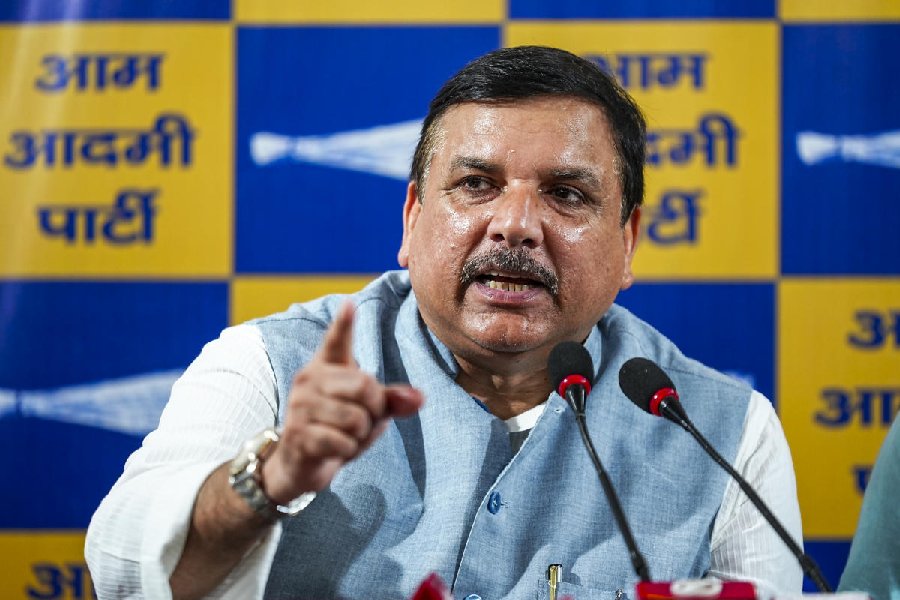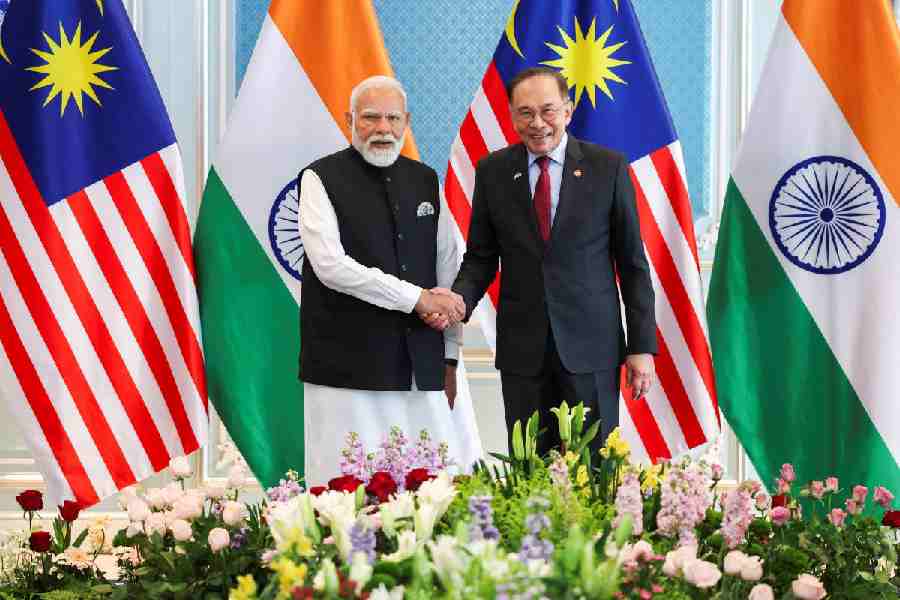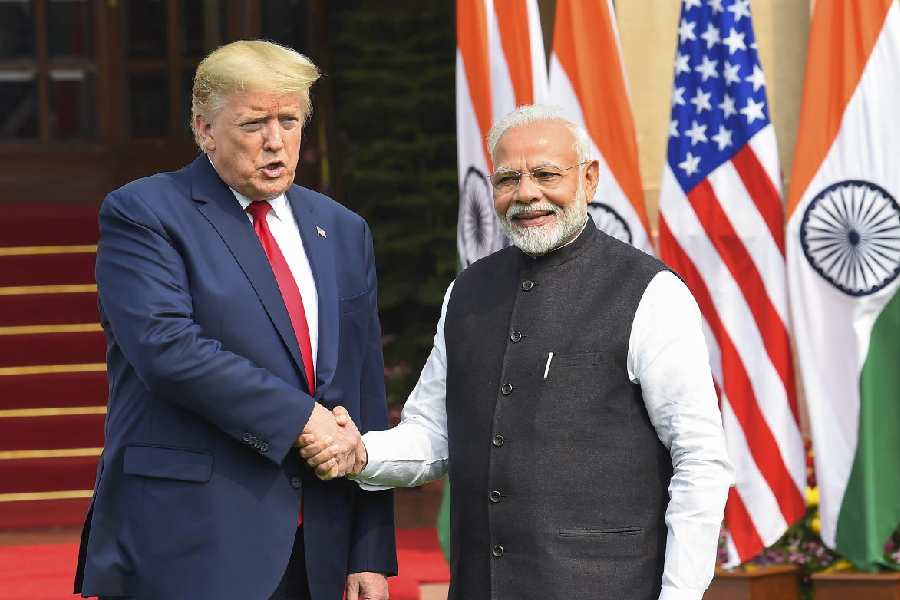Forty-three years ago, Naxalbari had come to be seen as the spark that would set the Indian prairie on fire. Not only did that not happen, but when Kanu Sanyal put an end to his life last month, he saw around him not a trace of the uprising that his then mentor, Charu Mazumdar, had organized, with Jangal Santhal, Sourin Bose and others in the forefront. Even today’s Maoists are not to be found in the area — which, of course, might have brought some comfort to Sanyal, as he had denounced them repeatedly and openly. But, obviously, any such comfort could take nothing away from the great sense of frustration of the man who was known to all as one whose honesty and integrity of purpose could never be questioned.
Twenty years before Naxalbari, Telangana had occurred. The peasant uprising there was much better organized, with leaders like Puchalapalli Sundaryya, Manikini Basavpunniah and Rajeswara Rao in command. Unlike in Naxalbari, in Telangana, the squads fought with arms. Yet Telangana also died, and now the region is once again featuring in the news in an entirely different context. The agitation could have dragged on had not Josef Stalin told a delegation from the undivided Communist Party of India that it was not a ‘national liberation struggle’ but a ‘bourgeois agitation’ that was being carried out in Telangana. Stalin’s words caused such a shock to the party leadership that Sundarayya and others were often rebuked for taking their own time in withdrawing the agitation.
The pragmatism of Stalin was not there when Naxalbari took place. Instead, it was hailed by the Chinese communists who had their spokesmen in the Communist Party of India (Marxist) — in his autobiography, Sundarayya recalls how Beijing tried through them to give the new party a pro-China tilt.
Too late
The Chinese could not have failed to see that an uprising in a remote corner of Darjeeling district did not have much of a future. Even then, Beijing Radio kept on with its encouragement, which, perhaps, it had to do since the Communist Party of China was eager to emerge as the ‘centre of world revolution’. Thus Mao, unlike Stalin, did not have any wise counsel for Naxalbari leaders when he gave them an audience in Beijing. If the Chinese had not been so preoccupied with their own interests, then the disastrous consequences of Naxalbari — the senseless killings of individuals seen as class enemies and the State reprisal that took the lives of so many young men and women — could perhaps have been avoided.
Both Naxalbari and Telangana highlight the problem that communists in this country have always faced, namely the problem of how to go about their task in an essentially agrarian economy. Always seeing the industrial working class as their vanguard, they were never sure of the ways of progressing in the countryside. Matters were not helped by the guidance from the Communist Party of Great Britain, which at best, had only an academic idea of the Indian reality.
Communists who came from the villages thus led isolated movements in their own backyard, with the party never being able to think of an integrated peasant movement. The communists have even lagged behind in battling social issues like casteism, and now there is a pathetic attempt at trying to equate class with caste. That, of course, helps to some extent at election time. But even for electoral success, the communists must live among the peasants.
Sanyal had understood this at the end of his seven-year jail term but, by then, it was too late. Prakash Karat believes that the party should come close to the peasants by organizing a huge rally against Mayavati. In their own way, the Maoists are equally mindless. Did Sanyal have such thoughts when he put the noose round his neck?











